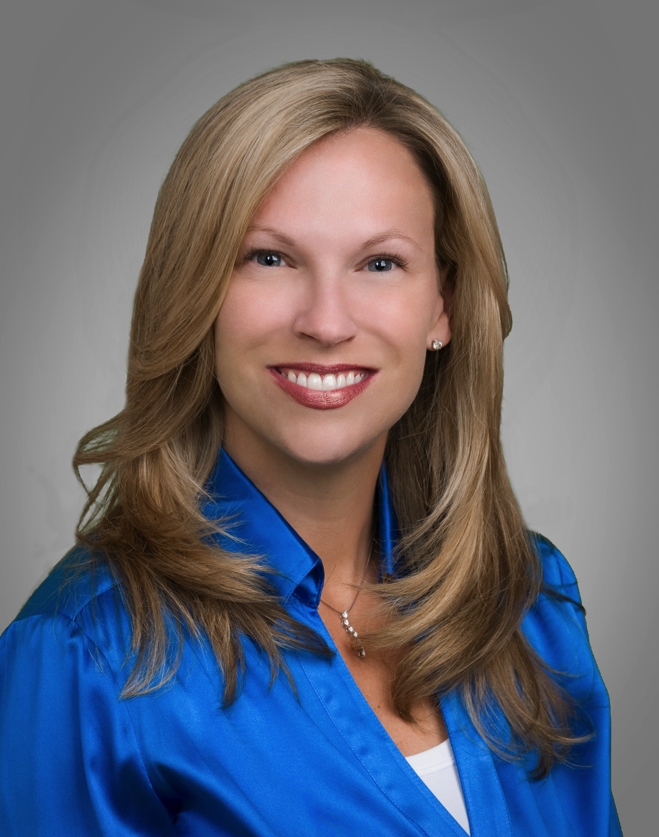About the OnRamp Fellowship
The Problem
The legal profession has a leaky pipeline. Plenty of high performers enter the profession, but many of these lawyers—women in particular—leave within a few years. In large U.S. firms, for instance, there is typically a 50/50 gender split at the entry level, but only 21% of partners are women. Though legal departments have generally achieved a better gender balance, the data still shows a deficit of women in the leadership ranks.
Why? Many leave to raise children or manage other family obligations. Others just aren’t a good fit for the type of work they chose early in their careers.
Once a lawyer exits the workforce, it’s not easy to get back in. Since organizations usually hire and advance experienced professionals based on seniority and tenure, it’s difficult for a returning lawyer and their potential employer to know where the returner fits into the traditional structure upon re-entry. And, in most law firms, it is virtually impossible for experienced lawyers to re-engineer their practices because of the rigid billable-rate structure that is typically tied to years of experience. This structure forces skilled lawyers who are not a fit for their current practice area to change jobs or exit the profession for other opportunities.
Because of the re-entry and retooling challenges, there is an untapped pool of experienced high performers who have a strong desire to return to and advance in the legal and financial services industries. For instance, a 2010 study by the Center for Work-Life Policy found that 73 percent of women trying to return to the workforce after a voluntary timeout for childcare or other reasons have difficulty finding a career-track position.
In a market that remains tremendously competitive for top talent, leading organizations cannot afford to overlook this unique collection of highly talented, diverse professionals. So, how do organizations identify and recapture this incredibly valuable asset?
The Solution
One solution is the OnRamp Fellowship, powered by Diversity Lab.
The Fellowship is a re-entry platform that matches experienced lawyers returning to the workforce with top organizations for one-year paid positions. This unique experiential learning program gives returning lawyers—many of whom left the workforce for a period of time to raise children—an opportunity to demonstrate their value in the marketplace while also increasing their experience, skills, and contacts.
The Fellowship initially launched with four law firms in January 2014. Due to the success of the pilot program, the Fellowship has expanded to include more than 30 of the world’s top law firms and legal departments.
In 2021, Diversity Lab introduced OnRamp 200—the newest iteration of the Fellowship. Through this collective legal industry movement, Diversity Lab will work with legal organizations to bring 200 women lawyers back into the legal profession by 2025. (See the November 1, 2021 press release here.)
The goal of the Fellowship is to replenish the talent pipeline in leading organizations with experienced women and other lawyers who have the potential and the desire to advance into leadership roles. Law firms and legal departments that participate in the Fellowship gain access to an untapped group of experienced, diverse high performers who want to return to the profession but face unique challenges due to the gaps in their résumés.
To facilitate successful Fellowship placements, applicants are rigorously screened and matched with organizations based on cultural fit and the success traits that are essential for advancement. If selected for the Fellowship, Fellows are also provided career-development support through training by specialists in negotiations, project management, business development, and leadership. In addition, they are matched with the most reputable career experts in the legal profession for one-on-one coaching. Monthly cohort meetings also provide Fellows with support and peer mentoring from other current Fellows.
A Fellow who does excellent work will conclude the Fellowship with a current professional reference that can be leveraged to pursue their next endeavors. And, if a relevant position is available, the Fellow can interview with the organization for a longer-term role in a particular group.
The Outcomes
The end result is a high performer who returns to the workforce with upgraded skills and experience, additional contacts, an excellent reference, and a renewed ambition to serve clients. In turn, the legal profession and individual organizations benefit by engaging with a previously untapped pool of high-performing talent and, hopefully, increased gender diversity in the mid-to-senior level ranks.
To date, OnRamp has matched 115+ returning lawyers—1/3 of whom are attorneys of color—to leading law firms and legal organizations for one year, paid Fellowships. 89% of Fellows who completed their year-long internships have received offers to join legal organizations after the Fellowship. Many Fellows have gone on to make partner at top law firms or take on senior roles within legal departments.
And while the primary goal of OnRamp 200 is to increase the number of women who return to the legal profession, the program embraces all attorneys struggling to resume the practice of law after an absence. Selection criteria does not differentiate based on gender or any other demographic trait





